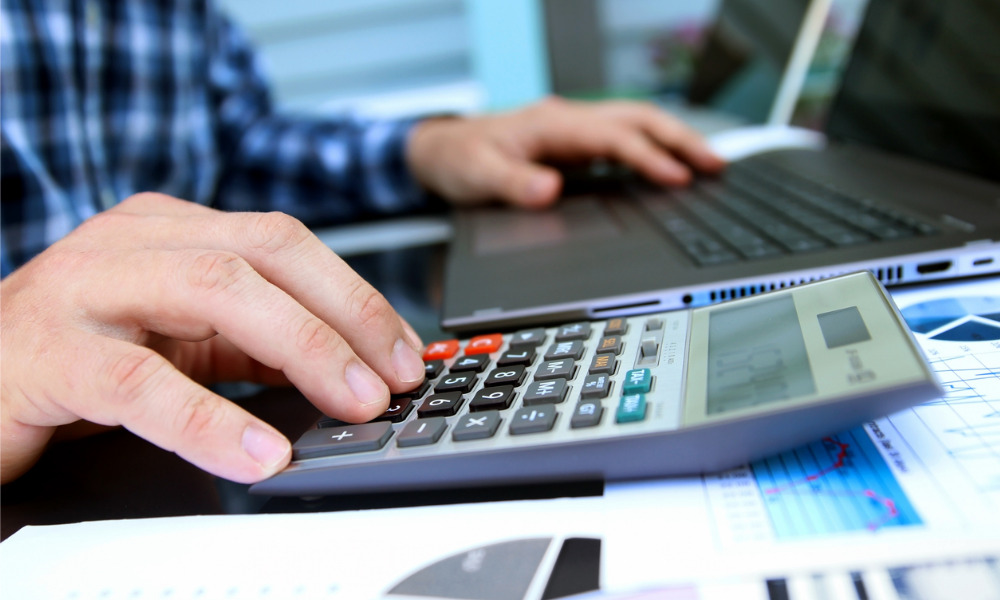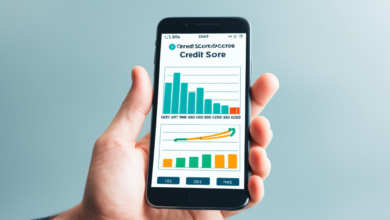Timely tax season reminders for self-employed customers
Because of the adoption of remote-working arrangements throughout the pandemic, Zhang says more Canadians, including those who are self-employed, are now able to claim Home Office expenses. However, in order to make those kinds of claims, he insisted that Canadians should use those domestic spaces exclusively for business, not a combination of home and business use.
And while generally, self-employed Canadians are required to file GST quarterly if they make more than $30,000 in gross income, Zhang stresses that it depends on their specific occupation. He added that some businesses are not required to register for or collect GST, regardless of how much they earn.
“Being an Uber driver is a very common occupation now, and Uber drivers are required to register for GST, no matter how much they earn from it,” he says.
On a related note, Zhang says that Canadians who receive income from renting space on Airbnb need to register and pay GST if they exceed the $30,000 gross-income threshold. But due to the change effective July 1, 2021, Airbnb will no longer be required to collect and remit GST or HST on behalf of hosts that are not GST/HST registrants, and those taxes now apply to service fees that Airbnb charges at that time. A guest makes an online booking.
The change applies to most Airbnb hosts whose income does not exceed the small supplier limit and who have not registered voluntarily. Hosts who are currently registered for GST/HST should continue to collect and remit those taxes on their short-term rentals of less than one month, and file GST/HST returns. And unlike non-registrants, hosts who are registered for GST/HST can also continue to claim input tax credit for their expenses.






